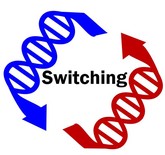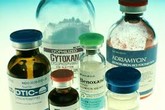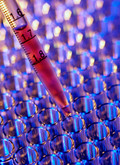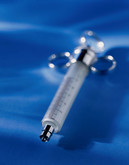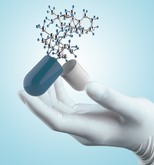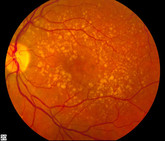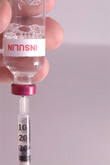Biosimilars/Research
|
Posted 15/05/2020
ABP 980 (Kanjinti) is a biosimilar to trastuzumab reference product (RP) (Herceptin), a monoclonal antibody directed against human epidermal growth factor receptor 2 (HER2). A biosimilar is highly similar to a licensed biological with no clinically meaningful differences in safety, purity and potency [1, 2]. Kanjinti is approved in the US, European Union, and as trastuzumab BS [trastuzumab biosimilar 2] in Japan for all Herceptin indications, which include treatment of HER2 positive (HER2+) metastatic breast cancer, early breast cancer (EBC), and metastatic gastric cancer [3-5]. Development and approval were based on a totality of evidence (TOE) approach, involving stepwise generation of comparative analytical (structural and functional), preclinical, and clinical (pharmacokinetics [PK], pharmacodynamics [PD], efficacy, safety and immunogenicity) evidence [6].












